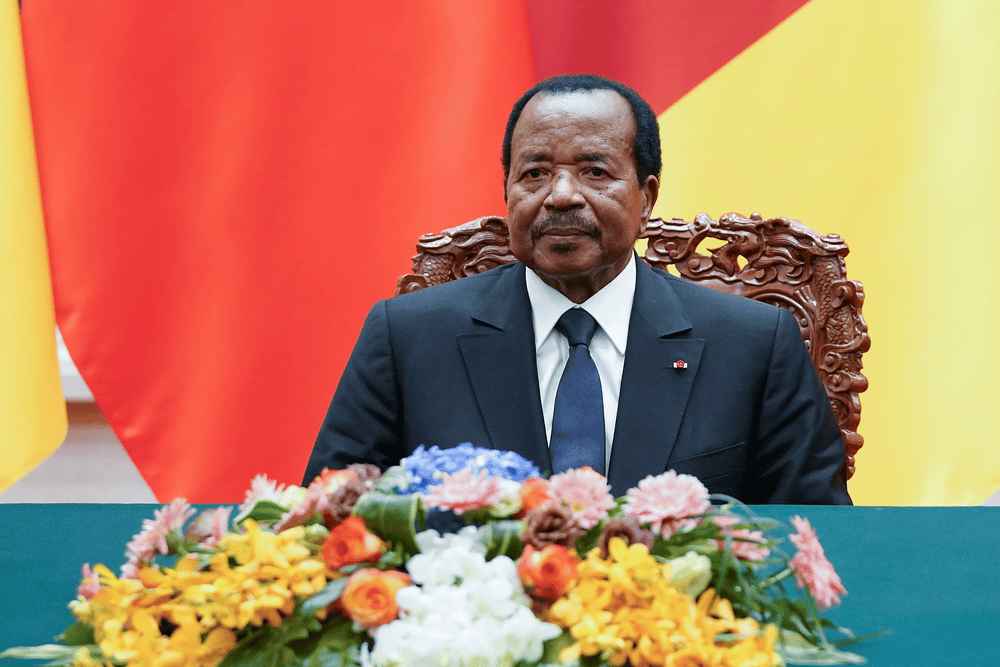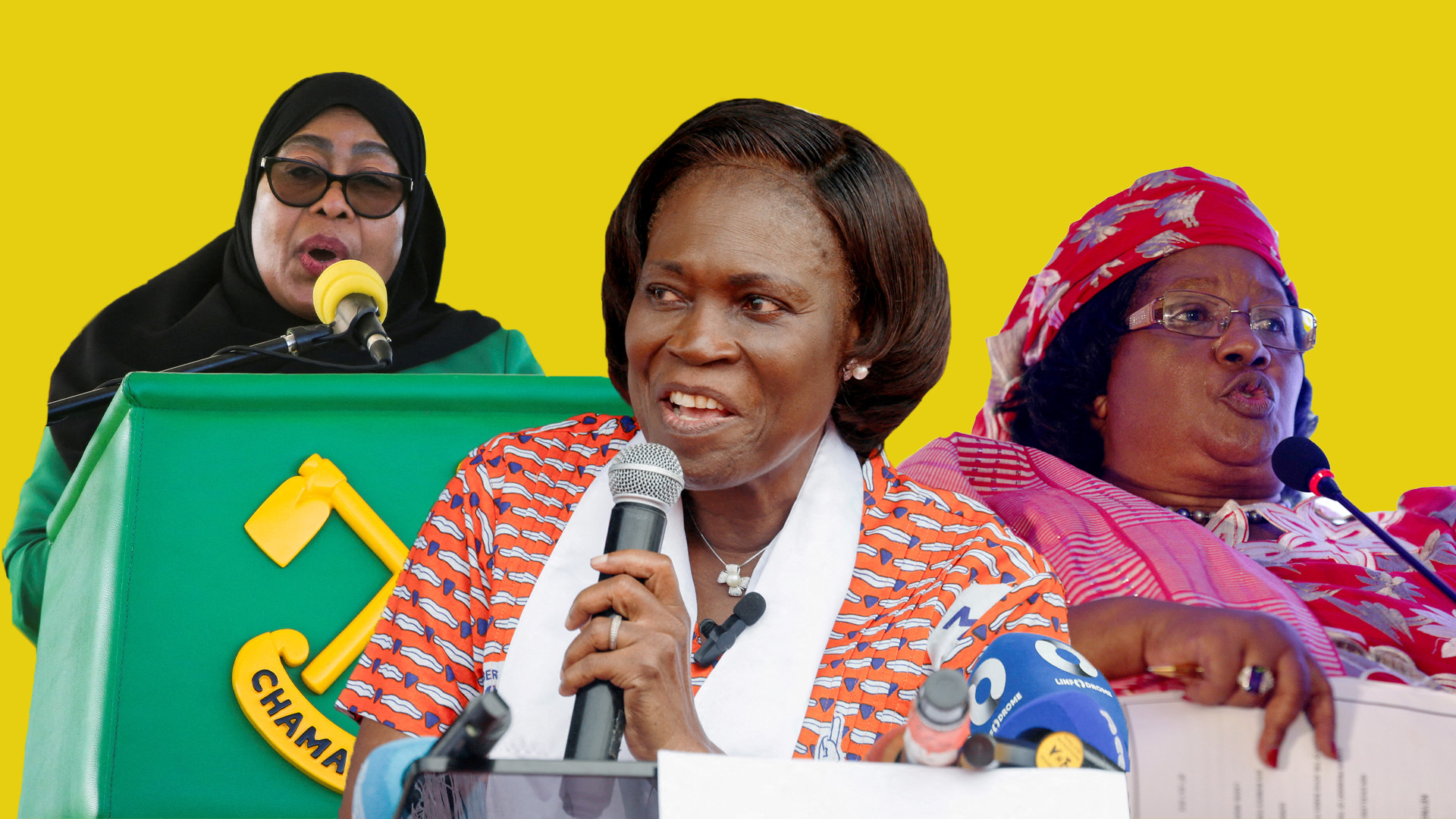
Surge of women presidential candidates signals a shift in African politics
For much of her political life, Simone Gbagbo has been known as the combative partner of Côte d’Ivoire’s former president, Laurent Gbagbo. Her sharp rhetoric earned her the nickname “The Iron Lady.” Now, the onetime first lady is charting her own course.
Côte d’Ivoire’s Constitutional Council cleared Gbagbo to run in October’s presidential election, making her one of two women on the ballot in a race long dominated by men. Her candidacy carries weight beyond her party base in a country where just 13.4 percent of lawmakers are women. Her entry into the field is described as both politically consequential and symbolically resonant.
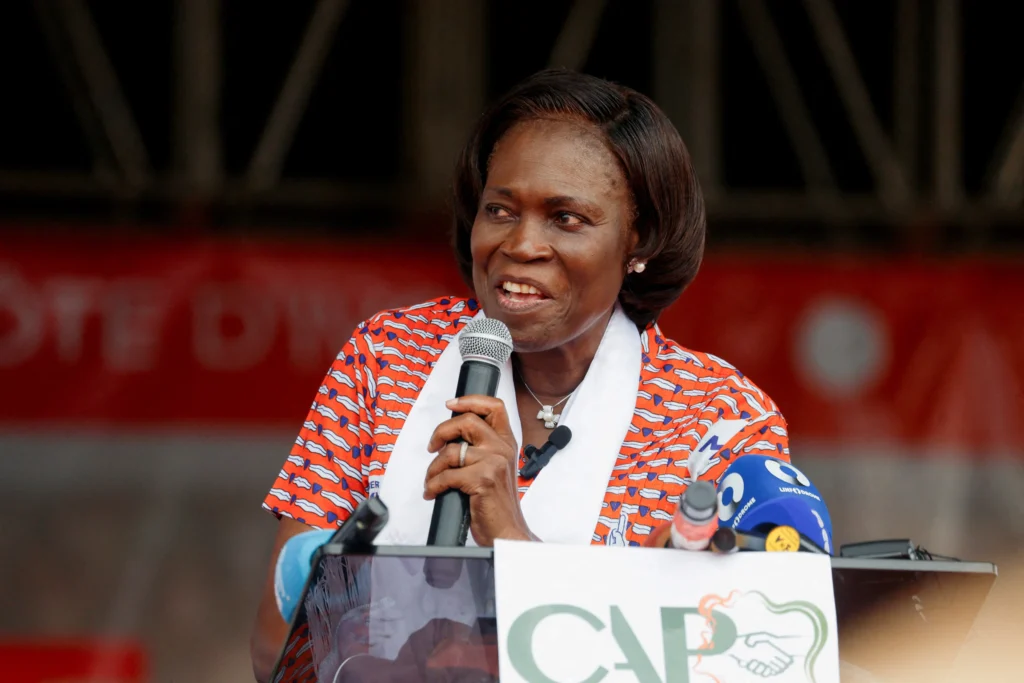
“There are two forces at work. First, the charismatic establishment of individual women as leaders, guided by their education, multi-faceted professionalism, effort, and general contribution to the well-being of the society”, Kenyan political analyst Kennedy Odweyo said. Secondly, the gradual institutional wave of change, through various affirmative interventions, that has been working towards creating a level ground for competition for opportunities based on merit.”
Gbagbo is not alone. Across Africa, a record number of women are stepping forward to seek their country’s top political office. Malawi’s former president, Joyce Banda, is making a return to the political stage, promising to expand opportunities for women and youth.
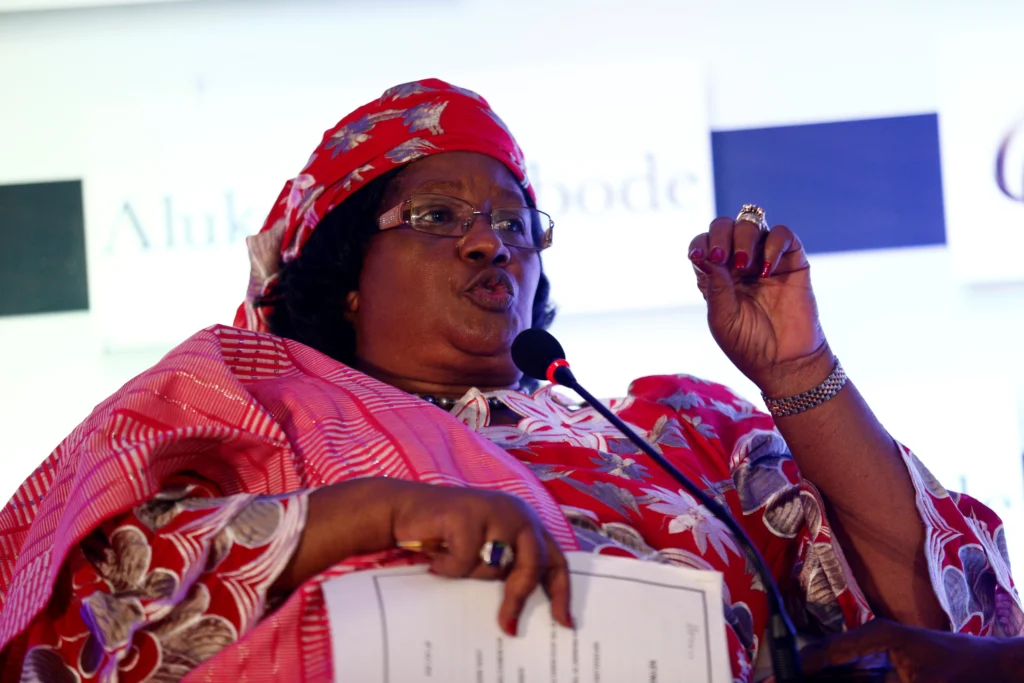
In Cameroon, seven women are among the 81 hopefuls who applied to run in the October election. In Tanzania, Samia Suluhu Hassan, who rose to power after the death of John Magufuli in 2021, will test her incumbency at the ballot box.
Taken together, their bids suggest an evolving political landscape. While men still dominate the continent’s highest offices, women are increasingly insisting on a place in the race.
“It is symbolically significant and politically meaningful, though not yet transformative on its own. Ten women running in presidential contests across multiple countries increases the visibility of women as credible contenders for the highest office. Still, the number must be read against a much larger baseline of women remaining heavily under-represented in executive power across the continent,” Odweyo said.
The rise of former first ladies as contenders underscores a particular dynamic in African politics, where proximity to power can open doors for women even as it binds them to controversial legacies. Gbagbo, for instance, still faces lingering criticism for her role in the violence that followed Côte d’Ivoire’s 2010 election, though she was granted amnesty in 2018. Banda, meanwhile, carries the mixed record of her brief presidency.
“Political families and dynasties remain salient, where a political “brand” (first family) retains mobilizing power even after the end of a presidency. This pattern underscores both the progress (women can leverage proximity into formidable political bids) and the gap (few women reach the presidency through institutionalized, gender-neutral channels), “ Odweyo said.
For Tanzania’s President Hassan, the challenge is different. She is already in office, but must prove she can secure her own mandate in a political environment where key opposition figures have been sidelined.
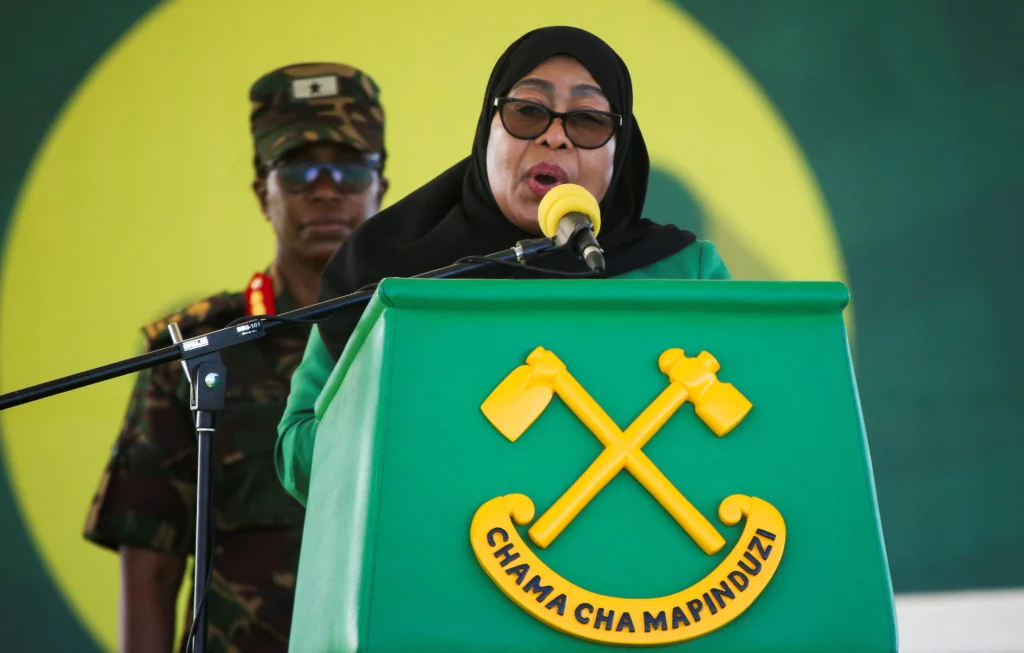
Whether these women ultimately win or not, observers say their presence matters. It reflects decades of advocacy for gender parity, growing networks of women in politics, and a generation of voters more open to female leadership.
“The key structural barriers that limit women include: financing gaps where campaign financing and big donor networks are skewed in favor of men, party gatekeeping where parties frequently favor established male leaders for nominations or provide less support to women for fear of them losing, media bias and narrative framing where women receive gendered coverage that emphasizes personality, family or “viability” rather than competence,” Odweyo said.
Still, the road remains steep. Female candidates must navigate entrenched patriarchal systems, limited access to financing, and, in many cases, skepticism from voters accustomed to male presidents. Yet with at least ten women now in contention across Africa this year, the 2025 election cycle may be remembered less for who wins and more for the boundaries it pushes.




